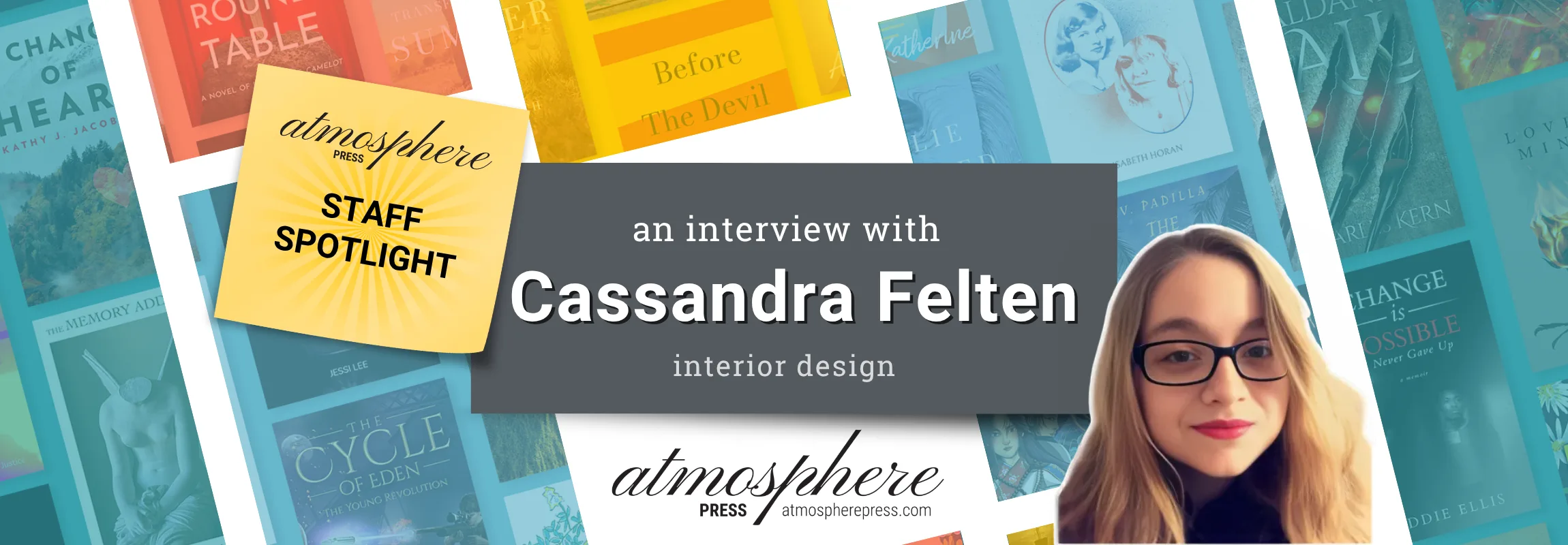If you’re an author wondering how to get your book in bookstores, you’re not alone! Securing shelf space—especially in indie bookstores—is a valuable way to reach local readers, build your audience, and boost sales. But pitching your book to bookstore owners can feel intimidating, and the last thing you want is to come across as pushy or desperate.

Guidance for your writing journey
Your Advice for Writers resource articles.
Your Advice for Writers resource articles.
Writing a book comes with questions, challenges, and moments of doubt, but you don’t have to navigate them alone. The Advice for Writers resource articles break down the writing, publishing, and promotion process into clear, approachable guidance, so you can focus on telling your story with confidence.

How to Run a Successful Book Giveaway Without Wasting Money
If you’ve ever searched how to run a book giveaway, you already know the promise: more visibility, more readers, and maybe even a burst of reviews. But too often, authors end up spending money on prizes, shipping, or ads—only to attract freebie hunters who never engage with the book at all.
Atmosphere Press Staff Spotlight: Cassandra Felten
Cassandra (she/her) graduated from Indiana University in December 2020 with a bachelor’s in English literature and minors in creative writing and psychology. She has experience in many aspects of book publishing, but she found her passion in interior book design with Atmosphere Press. Now, she loves her job of helping every Atmosphere author perfect their book before falling into the hands of readers – and new fans!
Exploring Eco-Fiction: A Green Path for Writers
Eco-fiction is literature that places the environment at the heart of storytelling—not just as a backdrop, but as an essential force. These are novels and short stories that engage directly with ecological themes: climate change, biodiversity, sustainability, and the fraught, fascinating relationship between humans and the natural world.
How Many Authors Make Their Money Back?
The honest truth is that most authors don’t make a substantial amount of money selling their book. It’s a crowded marketplace, with lots of choices for readers, and it’s difficult to carve out a niche and promote your work to the extent necessary to make thousands and thousands of dollars in sales returns. This is true of all authors, not just those who publish with us.
How to Write a Dark Fantasy Novel
As writers, we are the architects of worlds, the creators of dreams and nightmares alike. And in the realm of dark fantasy, our pens become the wands that summon forth demons and dragons, witches and warlocks, heroes and antiheroes locked in an eternal dance of light and darkness.
How to Spot a Vanity Press: An Author’s Guide
Embarking on the journey of publishing your book is an exhilarating adventure, but it’s crucial to navigate the landscape with discernment and insight. One aspect that warrants careful consideration is the distinction between hybrid publishers and vanity presses (also known as author-funded or subsidy presses).
How to Use Sentence and Word Counts to Improve Story Pacing
The beauty of using sentence and word counts is that these patterns become visible. Instead of relying on vague feelings like “this section feels slow,” you can point to concrete data: “I have twelve consecutive sentences over twenty words in what should be my most intense scene.”
How to Write a Cover Letter to a Publisher
Are you ready to embark on a thrilling adventure into the world of publishing? Whether you're a seasoned wordsmith or a budding author, an attractive cover letter is the golden ticket to capturing a publisher’s attention and getting your book on shelves. Though writing a cover letter can be a daunting task, fear not! We’re here to help unravel the mysteries of crafting an engaging, effective cover letter.
But here’s the thing I’ve learned since then, both as a reader and a writer: endings are ridiculously hard to get right. Your final pages carry enormous weight—they’re what readers remember, what they talk about, what makes them either slam your book shut in satisfaction or immediately start hunting for the sequel.










